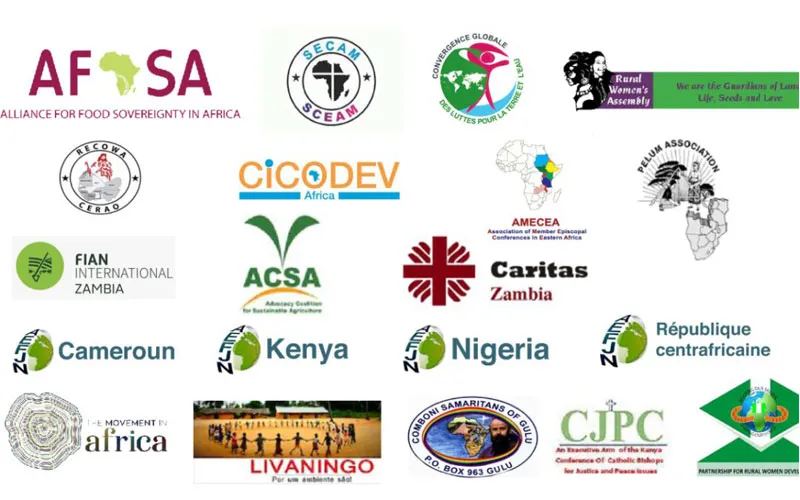Nairobi, 21 February, 2021 / 1:30 pm (ACI Africa).
Ahead of the planned Summit of the African Union (AU) and the European Union (EU) leaders, representatives of various Faith-Based Organizations (FBOs) and Civil Societies Organizations (CSOs) in Africa have, in a joint statement, decried the loss of touch with the agenda made during previous meetings.
In the Thursday, February 18 collective statement, the leadership of the FBOs and CSOs in Africa specify the gaps in the implementation of the previous resolutions and offer recommendations that foster AU/EU partnerships that foster Africa’s strategic development.
“The 2020 EU Strategy with Africa seems to have lost touch with this agenda (TFRA) altogether, failing to address agriculture and food systems but rather concentrating on creating a conducive environment for large scale private sector business interests,” representatives of the FBOs and CSOs in Africa say.
They include the Symposium of Episcopal Conferences of Africa and Madagascar (SECAM), the Association of Member Episcopal Conferences of Eastern Africa (AMECEA), Regional Episcopal Conferences of West Africa (RECOWA), Caritas Africa, and the Council of Churches of Zambia, yamong others, offer recommendations for Africa’s strategic development to the AU/EU policymakers.
The leaders recall taking part in the consultation around the formation of the Task Force Rural Africa (TFRA) whose members provide recommendations on how to strengthen cooperation between the EU and Africa in food and farming sectors.








